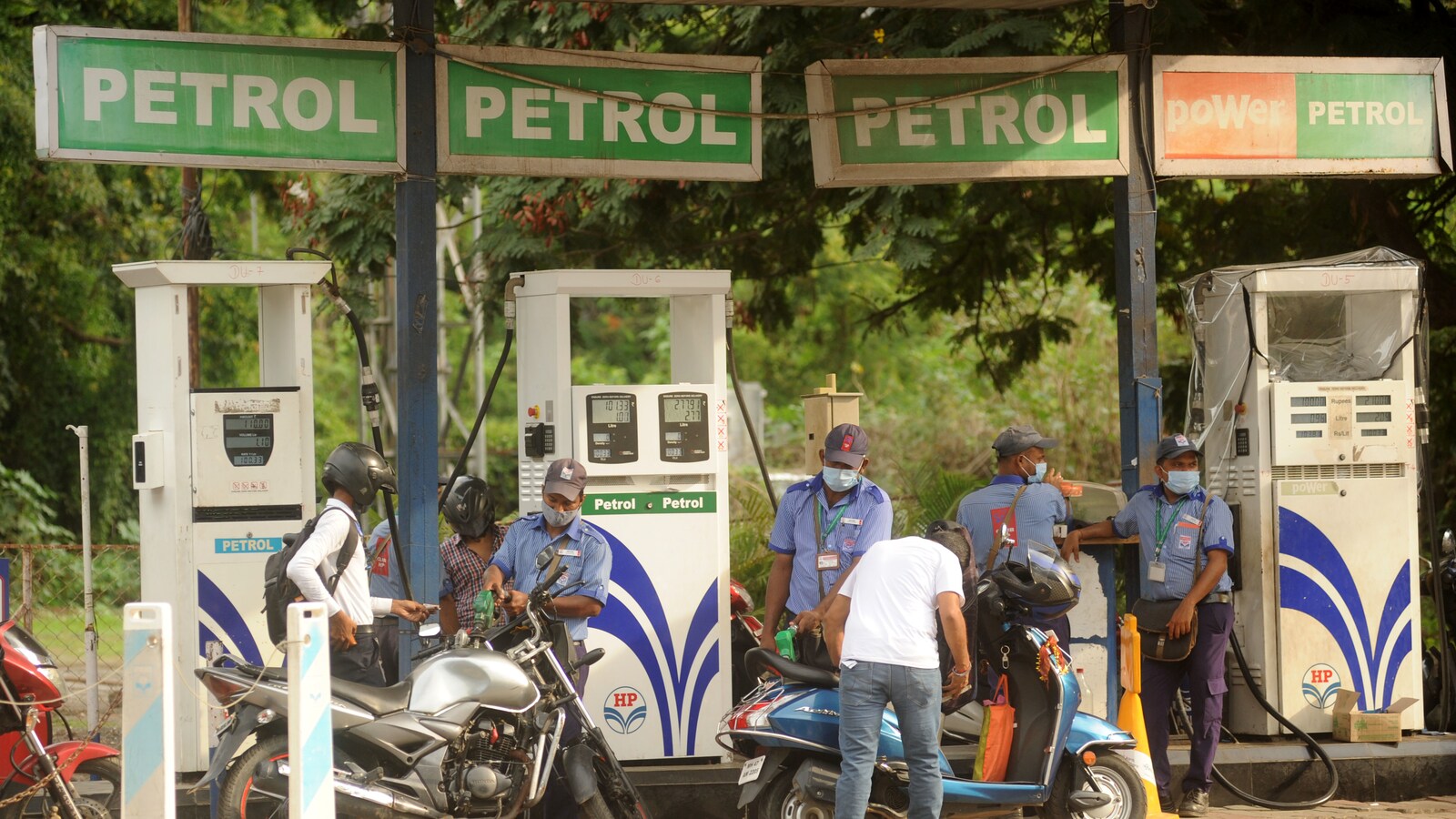GST Council to weigh bringing fuel under indirect tax regime
The Goods and Services Tax (GST) Council that will meet in Lucknow next week may discuss bringing one or more petroleum products—petrol, diesel, natural gas, and aviation turbine fuel—under the ambit of GST, extend tax concessions on Covid-treatment medicines, and consider a roadmap to make Aadhaar authentication mandatory for existing 8 million registered firms gradually, people aware of the details said.
The matter will be brought before the Council for discussion and decision on September 17 as per the direction of the Kerala high court that had in June issued directions to decide on including petrol and diesel under the ambit of GST, two people aware of the development said, requesting anonymity.
While petroleum products are constitutionally included under the ambit of the new indirect tax regime, the GST Council is yet to take a call on the date on which GST shall be levied on them. Many members of the Council, the apex federal body for all GST-related matters, do not want a uniform GST rate on petroleum products due to revenue considerations, one person said.
Central and state taxes on petroleum products contributed over ₹5.55 lakh crore in 2019-20, and diesel and petrol are the two biggest revenue earners in that order. Uniform GST will drastically reduce central and state levies on petrol and diesel and bring down consumer prices of automobile fuels substantially. At present, petrol is sold at ₹101.19 per litre in Delhi and diesel at ₹88.62. In Delhi, central levies account for over 32% of petrol’s price, and state taxes (value-added tax or VAT) 23.07%. On diesel, central excise is over 35% while state taxes are more than 14%.
Through 2020, as global crude prices fell, the central government raised excise duty on fuel to shore up its finances. States too followed suit as revenues were hit on account of the pandemic. According to official data, the petroleum sector contributed ₹3,71,726 crore central excise revenue in 2020-21, and ₹2,02,937 crore state levies or value-added tax (VAT).
“Considering the revenue concerns, it may not be possible for the Council to immediately bring all petroleum products under GST, but it may give a direction and could select one or two items such as natural gas and ATF that may not disrupt governments’ revenue stream,” a second person said. HT had reported on April 10 that the Council may consider bringing at least the two products under GST to promote a gas-based economy and to provide stimulus to the pandemic-hit aviation sector. Many other issues will be deliberated in the 45th meeting of the Council, which will physically meet for the first time since the outbreak of Covid-19 last year, the two people said.
The Council, which is chaired by the Union finance minister, is represented by state finance ministers and its decisions are often unanimous.
It will consider a roadmap to gradually make Aadhaar-based GST authentication mandatory for about 8 million existing firms after the Council already made it compulsory for new registrations last year, they said. As including all of them at one go will be difficult and might add a sudden compliance burden on businesses, it has been proposed that the verification process be gradual, they said.
To filter out fake dealers and check misappropriation of input-tax credit (ITC), the GST Council had, in principle, decided to make Aadhaar mandatory at its March 2020 meeting. Initially, it was decided to implement Aadhaar-based authentication for only new taxpayers from August 21, 2020. “The date to implement Aadhaar-based implementation was still pending for existing taxpayers,” the first person said.
“It is proposed that first Aadhaar-based authentication should be made mandatory for two sets of existing GST-registered entities—those who are seeking refunds, and those who apply for revocation of their cancelled registrations,” the second person said.
Similarly, the requirement of Aadhaar authentication should be gradually increased for other processes, he said. At later stages, more processes could be included where Aadhaar authentication would be a pre-condition. For example, applying to make core amendment of registration, generation of e-way bills, filing an application for advance ruling, request for unblocking of e-way bills, filing appeals and taxpayers paying tax predominantly through ITC.
The Council will also consider a proposal of cash-strapped Sikkim to levy a calamity cess on the power and pharmaceutical industries for two years, the first person said. “This may pave the way for many other states to demand similar dispensation to raise resources after facing a devastating impact of Covid-19 pandemic,” he said. Kerala already does that.
For all the latest business News Click Here

